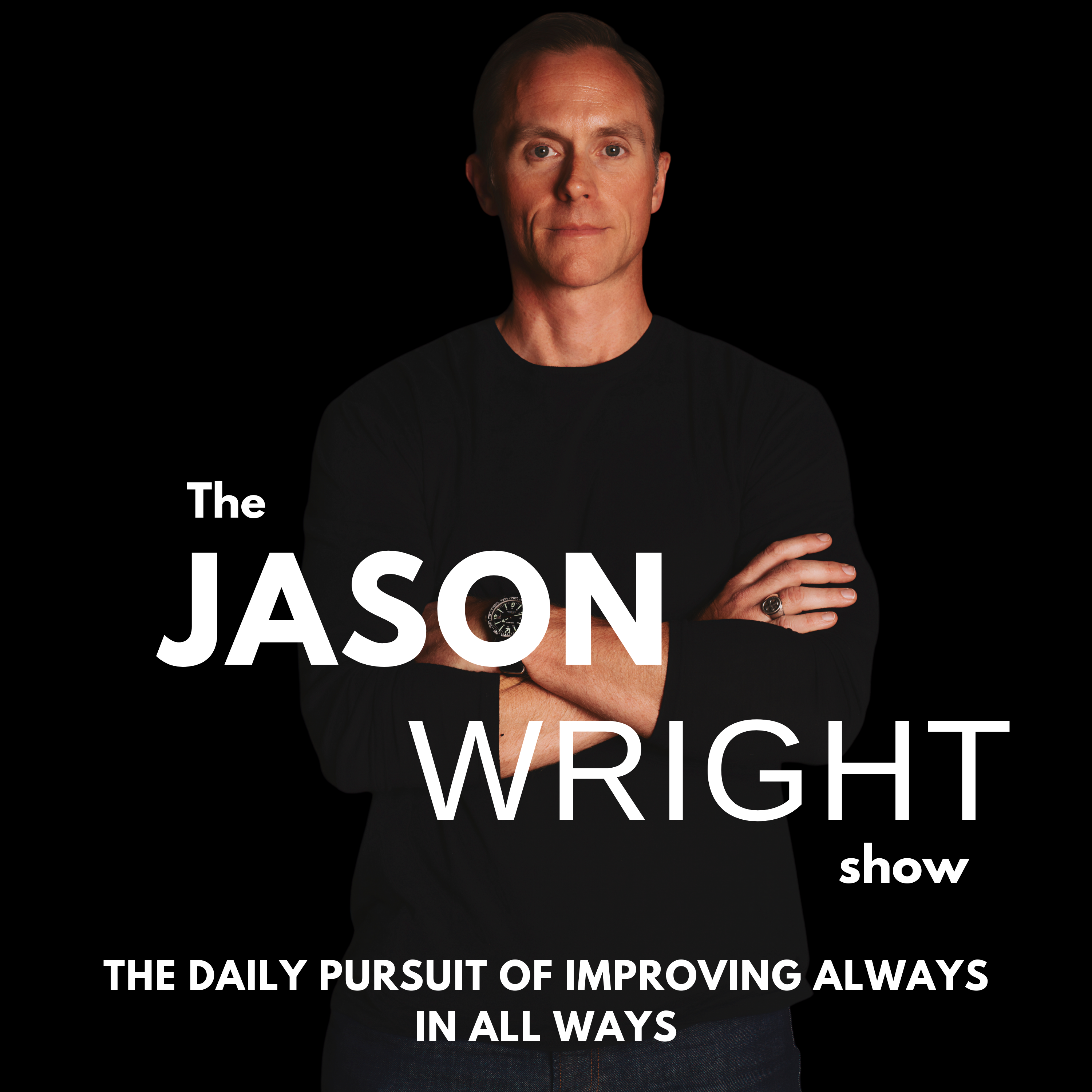"Money Monday: Begin Your Journey to Financial Freedom Now!"
I was in the early stages of my entrepreneurial career. That’s when the tax man came knocking. Actually there was a time when a tax woman from the IRS came knocking but that’s a story for another day. This time I had to come up with $10,000 to pay a tax liability. By God’s grace I had it saved. Although it was a gut punch to have to turn over my cash to the federal government, it was a moment that has ever since stuck with me. Having the money when I needed it was one of the greatest moments of relief I had ever felt in my financial life. Financial stability is a goal that many aspire to achieve, but unfortunately, unexpected expenses or emergencies can often disrupt our plans. This is where having an emergency fund becomes vital. In this blog post, we will discuss the significance of starting a $1000 emergency fund, backed by data that showcases how having financial reserves can alleviate stress. Additionally, we will delve into the wisdom of personal finance expert Dave Ramsey and his renowned debt snowball program. Start With an Emergency Fund Life is unpredictable, and emergencies can arise at any time. Whether it’s a sudden medical expense, car repair, or a temporary job loss, having an emergency fund provides a safety net to navigate these challenging situations. Here are a few key reasons why a $1000 emergency fund is crucial: Peace of Mind: Knowing that you have funds set aside for unexpected expenses brings a sense of security. It helps to reduce anxiety and worry, allowing you to focus on other aspects of your life without constant financial stress. Breaking the Cycle of Debt: Without an emergency fund, many individuals turn to credit cards or loans to cover unexpected expenses. This can lead to a cycle of debt, where high-interest payments accumulate, making it challenging to regain financial stability. Preventing Financial Setbacks: Emergency situations can disrupt your financial progress and goals. By having a dedicated emergency fund, you can tackle unforeseen circumstances without derailing your financial plans or sacrificing your long-term objectives. The Impact of Financial Reserves on Stress Levels Research has shown a strong correlation between financial stress and overall well-being. A study conducted by the American Psychological Association in 2019 found that money-related stress is a significant factor contributing to increased anxiety levels, strained relationships, and even health problems. Conversely, having money in reserves can significantly lower stress levels. A 2020 study published in the Journal of Financial Planning revealed that individuals with emergency funds reported lower levels of stress, greater financial satisfaction, and improved mental well-being. Dave Ramsey and the Debt Snowball Program Dave Ramsey, a renowned personal finance expert and best-selling author, emphasizes the importance of building an emergency fund as a fundamental step towards financial freedom. Ramsey’s debt snowball program is designed to help individuals tackle their debts systematically while simultaneously establishing an emergency fund. The debt snowball program works as follows: List all your debts, starting from the smallest balance to the largest, regardless of interest rates. Make minimum payments on all debts except the smallest one. Allocate any extra funds towards paying off the smallest debt until it is fully paid off. Once the smallest debt is cleared, move on to the next smallest debt while continuing to pay minimums on others. Repeat the process until all debts are paid off. Throughout this journey, it is crucial to simultaneously build and maintain a $1000 emergency fund. Ramsey suggests focusing on this initial fund to provide a buffer against unexpected expenses, allowing individuals to break free from the debt cycle

